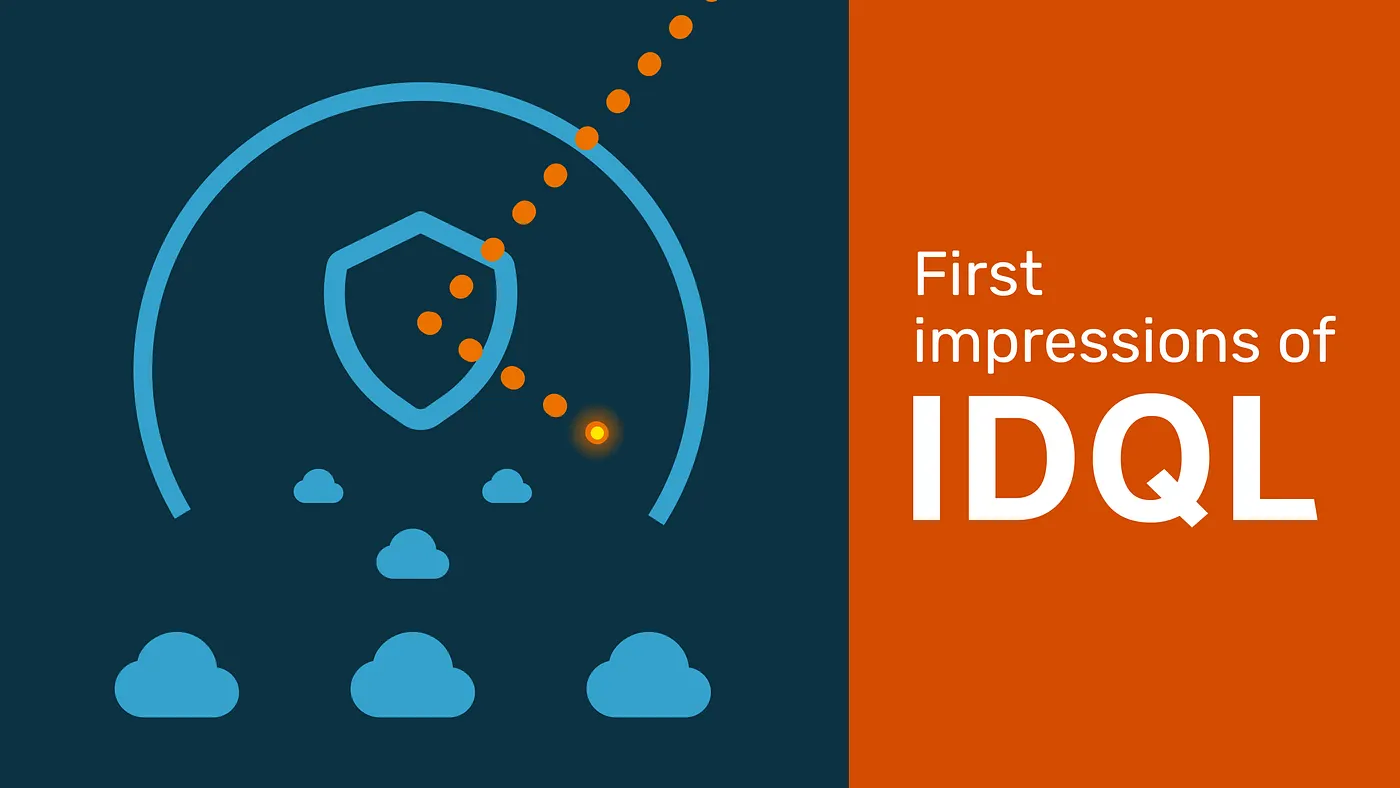First Impressions of IDQL
On May 18, 2022, Strata Identity announced IDQL - a new authorization standard for identity orchestration. Having been involved with delivering standards-based IAM products for more than 15 years, I was immediately interested in understanding what this new standard brings to the table.
The Evolution of Identity Management
When I started as a software developer in the mid-nineties, there was no concept of Identity and Access Management as we know it today. Users needed separate user accounts for every single application, workstation, and server. The landscape has evolved dramatically since then, and standards have played a crucial role in this transformation.
What is IDQL?
IDQL (Identity Query Language) positions itself as a new authorization standard designed specifically for identity orchestration. It aims to provide a standardized way to query and manage identity-related data across heterogeneous systems and platforms.
Key Observations
From my initial exploration of IDQL, several aspects stand out:
Standardization Benefits
- Unified Query Language: IDQL promises to provide a consistent way to interact with various identity systems, reducing the complexity of multi-vendor environments
- Abstraction Layer: It creates an abstraction layer that can potentially simplify identity orchestration across different platforms
Potential Use Cases
- Multi-cloud Identity Management: Organizations operating across multiple cloud providers could benefit from a unified query language
- Legacy System Integration: IDQL could serve as a bridge between modern identity systems and legacy infrastructure
- Compliance and Auditing: A standardized query language could simplify compliance reporting across diverse identity systems
Considerations and Challenges
While IDQL shows promise, several considerations come to mind:
Adoption Challenges
- The success of any standard depends heavily on industry adoption
- Existing standards like SAML, OAuth, and OpenID Connect have strong established ecosystems
- Vendors need clear incentives to implement support for new standards
Technical Considerations
- Performance implications of adding another abstraction layer
- Security considerations when creating a unified query interface
- Compatibility with existing identity protocols and standards
Looking Forward
The identity and access management space continues to evolve rapidly, driven by cloud adoption, zero-trust architectures, and increasingly complex hybrid environments. Standards like IDQL represent attempts to bring order to this complexity.
As someone who has witnessed the evolution of IAM from its earliest days, I’m cautiously optimistic about initiatives that aim to simplify and standardize identity management. The true test will be whether IDQL can deliver on its promises while gaining the industry support necessary for widespread adoption.
Final Thoughts
IDQL represents an interesting development in the identity orchestration space. While it’s too early to predict its long-term impact, the problems it aims to solve are real and pressing for many organizations. As the standard matures and more implementations become available, it will be fascinating to see how it shapes the future of identity orchestration.
For those of us who have been in the IAM space for decades, each new standard brings both opportunities and challenges. IDQL is no exception, and I look forward to seeing how it develops and potentially transforms how we approach identity orchestration.
Originally published on Medium
